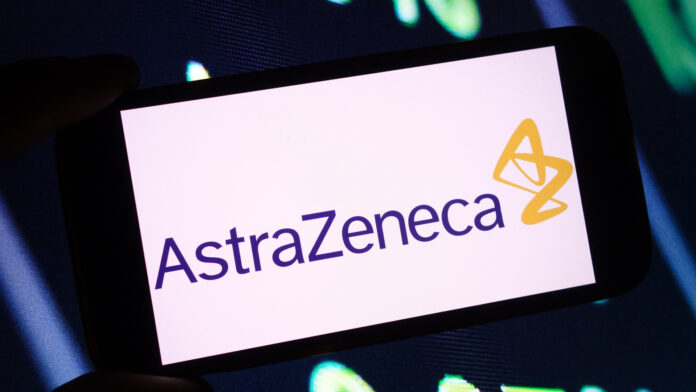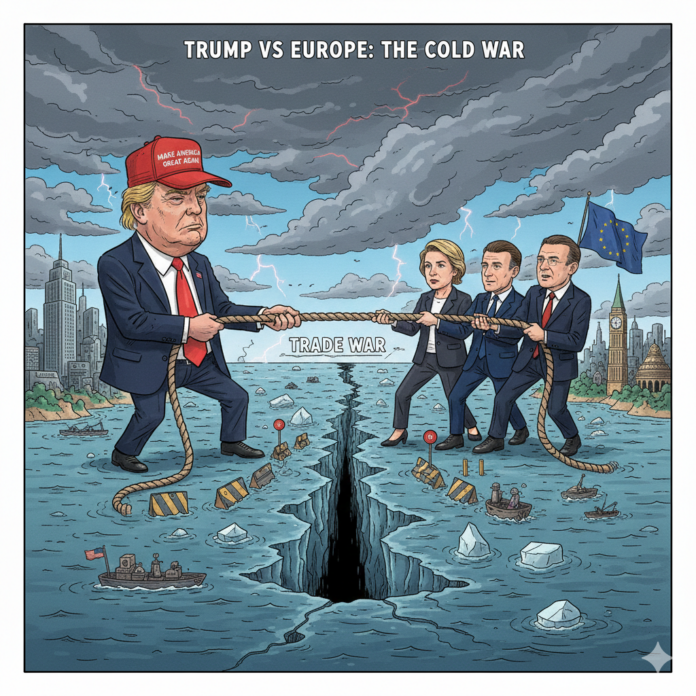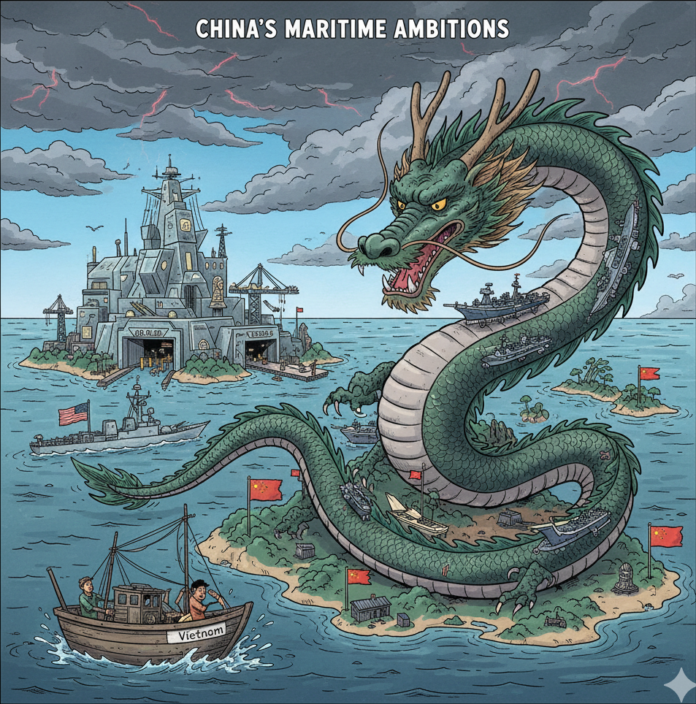The Hungarian Prime Minister has sent his proposal package to the President of the European Council as well.
After details had already surfaced, Prime Minister Viktor Orbán made public on Thursday a summary assessment of his discussions with the leaders of Ukraine, Russia, China, and Turkey, as well as former U.S. President Donald Trump, along with his proposals sent to Charles Michel, President of the European Council. In the first point, Viktor Orbán notes that “it is a general observation that the intensity of the military conflict will radically escalate in the near future.”
“I personally observed that the warring parties are determined to involve themselves even more deeply in the conflict, and neither is willing to initiate a ceasefire or peace negotiations. Therefore, it can be assumed that tensions will not decrease, and the parties will not start looking for a way out of the conflict without significant external intervention,”
the second point states, while the third point reads: “Three global players are capable of influencing developments: the European Union, the United States, and China. We must also consider Turkey as an important regional player and the only successful mediator between Ukraine and Russia since the outbreak of hostilities in 2022.”
From here, we present the Prime Minister’s peace proposal without modification:
- “China continues its policy, as outlined in international documents, calling for a ceasefire and peace negotiations. However, China will only take a more active role if the chances of success are almost certain. According to their assessment, this is currently not the case.
- As for the United States, at the NATO summit and in my discussions with President Trump, I observed that the United States is currently heavily preoccupied with the presidential election campaign. The incumbent president is making enormous efforts to stay in the race. It is clear that he cannot change the current pro-war policy of the USA, so he is not expected to initiate a new policy. As we have seen many times in recent years, in these situations, the bureaucracy without political leadership continues on the previous path.
- In my discussion with President Trump, I concluded that foreign policy plays only a small role in his campaign, which is dominated by domestic issues. Therefore, we cannot expect any peace initiative from him until after the elections. However, I can state with certainty that shortly after his electoral victory, he will be ready to act as a peace mediator without waiting for his inauguration. He has detailed and solid plans for this.
- I firmly believe that, in the likely event of President Trump’s victory, the financial burdens between the USA and the EU regarding financial support for Ukraine will significantly shift to the disadvantage of the EU.
- Our European strategy has mirrored the USA’s pro-war policy in the name of transatlantic unity. So far, we have had no sovereign and independent European strategy or political action plan. I propose that we discuss whether it is reasonable to continue this policy in the future. In the current situation, we can find a strong moral and rational basis to start a new chapter in our policy. In this new chapter, we could make efforts to reduce tensions and/or create the conditions for a temporary ceasefire and/or the start of peace negotiations.
- I propose that we initiate discussions on the following proposals:a. initiate high-level political negotiations with China on the modalities of the next peace conference; b. while maintaining current high-level political relations with Ukraine, reopen direct diplomatic communication lines with Russia, and rehabilitate such direct contacts in our political communication; c. launch a coordinated political offensive towards the Global South, whose goodwill we have lost regarding our stance on the war in Ukraine, leading to the global isolation of the transatlantic community.
- I hope that my reports and proposals can prove to be useful contributions to any proposals and initiatives that you may present to the EU leaders at an appropriate time and in an appropriate form.”
Translated and edited by Ivan Hajda




